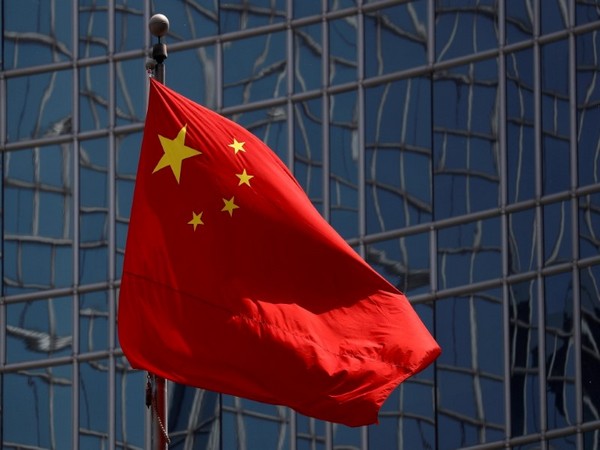Pacific Island Politics: China's Rising Influence and Strategic Deals
The Cook Islands, amidst Chinese influence, signed strategic agreements with Beijing, echoing moves by Vanuatu and Solomon Islands. These deals, including a strategic partnership plan, signify China's growing influence and dependency creation in the Pacific. New Zealand's aid withholding in response, coupled with China's strategic maneuvering, highlights shifting geopolitical dynamics.

The encroachment of Chinese influence in the Pacific Islands is increasingly evident as the Cook Islands aligns itself with Beijing, signing key strategic agreements akin to those seen in Vanuatu and Solomon Islands. Notably, the Action Plan for the Comprehensive Strategic Partnership 2025-2030 was established during Cook Islands Prime Minister Mark Brown's visit to Beijing.
Accompanying this strategic partnership, China pledged aid of RMB20 million for future development projects. The Cook Islands government expressed that these agreements embody a commitment to building international partnerships conducive to national growth and regional stability. However, China's Belt and Road Initiative, often expanding through infrastructure projects, aims to entwine China's presence while fostering dependencies in the Pacific.
New Zealand's apprehension over these developments prompted a halt in aid, amounting to NZD18.2 million, due to the Cook Islands' lack of communication regarding its dealings with China. Critics argue that this reaction might be counterproductive. Analysts, like Dr. Anna Powles, suggest that New Zealand's strategy could inadvertently increase Chinese engagement in the Pacific while complicating its longstanding relations with territories like the Cook Islands.
(With inputs from agencies.)










